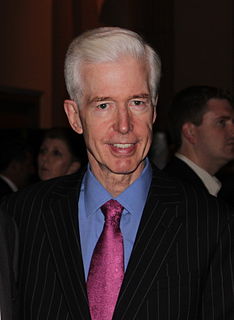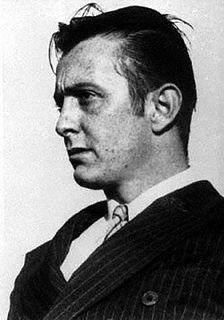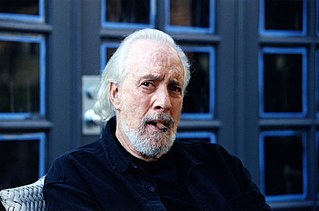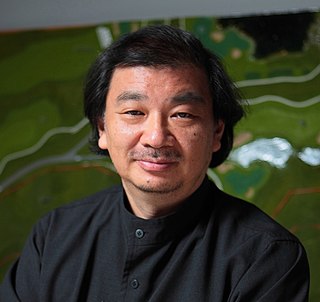A Quote by Bill Dedman
Nuclear power plants built in the areas usually thought of as earthquake zones, such as the California coastline, have a surprisingly low risk of damage from those earthquakes. Why? They built anticipating a major quake.
Related Quotes
Letting the perfect be the enemy of the good is one of the reasons we have a coal-dependent infrastructure, with the resulting environmental impact that all of us can see. I suspect environmentalists, through their opposition of nuclear power, have caused more coal plants to be built than anybody. And those coal plants have emitted more radioactive material from the coal than any nuclear accident would have.
Mesh networking is an old idea. Oddly enough, the low-cost XO Laptop built by the 'One Laptop Per Child' organization - the so-called $100 laptop - was designed with built-in mesh networking. The idea with the XO machine was that many kids using those laptops would be out in rural areas without reliable Internet access.
So what’s the use of repentance, and what do you care for goodness, and what if you should die in a quake, so who the hell cares? So I walked downtown, so these were the high buildings, so let the earthquake come, let it bury me and my sins, so who the hell cares? No good to God or man, die one way or another, a quake or a hanging, it didn’t matter why or when or how.
For me, there's no difference between what's temporary and what's definitive. I built the church in Kobe, which was supposed to be temporary, and people liked it so much that there's a version of it still there today - unlike some concrete buildings that were just built for money and that can be destroyed from one day to the next. Concrete can be very fragile during earthquakes.
































